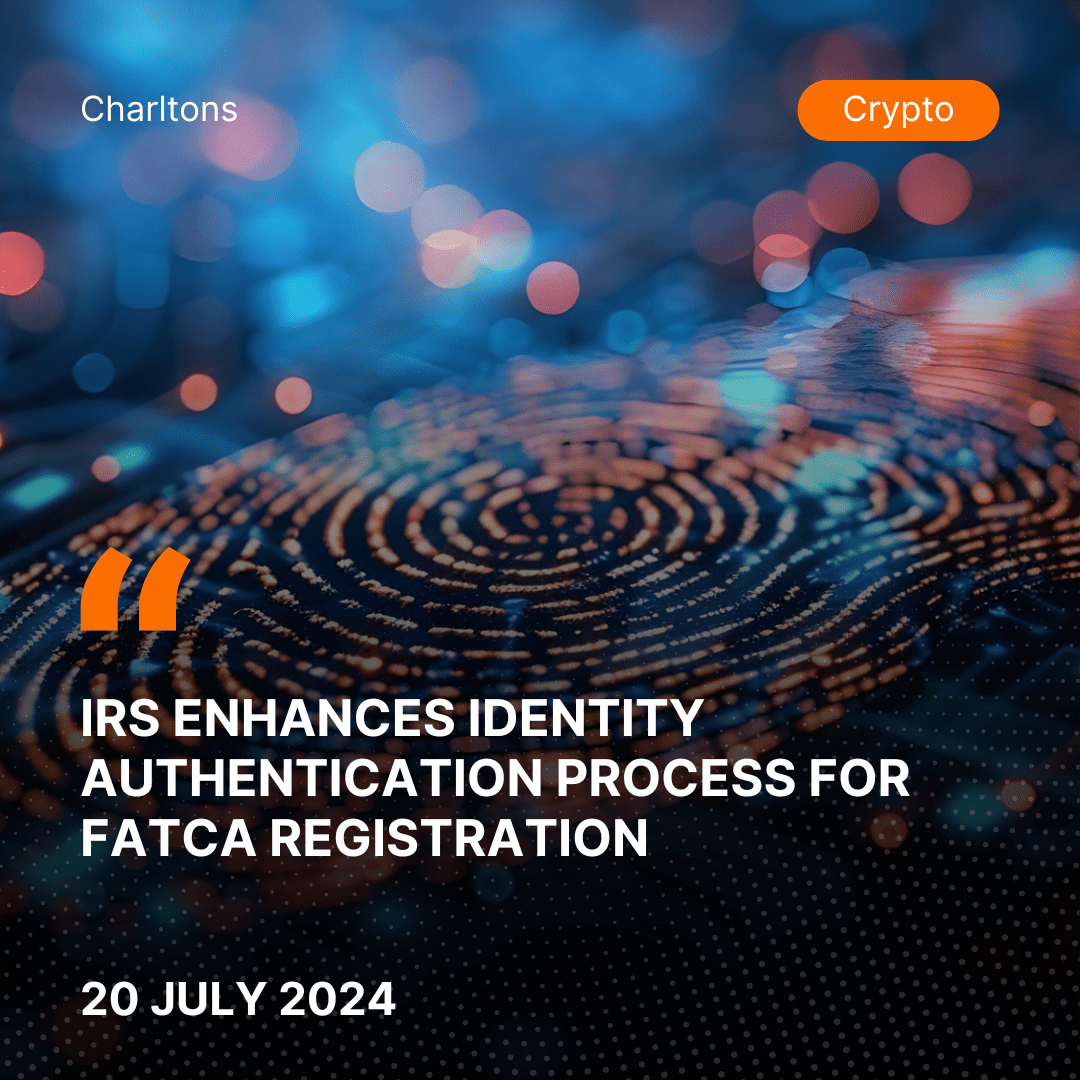
On 17 July 2024, the Internal Revenue Service (IRS) announced that it will enhance the identity authentication process for financial institutions registering under the Foreign Account Tax Compliance Act (FATCA). Effective 14 July 2024, taxpayers must sign in or register with one of the IRS’s credential service providers, Login.gov or ID.me, to access the FATCA Registration System. FATCA mandates that most U.S. taxpayers holding financial assets outside the U.S., as well as certain foreign financial institutions, report these assets and accounts to the IRS.
Taxpayers who already have a Login.gov or ID.me profile can sign in to the FATCA Registration System as long as the email matches that of the responsible officer or point of contact on the FATCA registration. Those without an existing profile will need to create one to access the system. This new authentication requirement complies with the National Institute of Standards and Technology’s digital identity guidelines.
Creating a new profile involves verifying an email address, creating a password, and setting up multi-factor authentication to secure their FATCA account. Both ID.me and Login.gov offer help desks to assist taxpayers who encounter difficulties using the systems. For assistance, taxpayers can visit the Login.gov help center or the ID.me Help Site.
This enhancement in the identity authentication process has significant implications. By adopting advanced digital identity verification methods, the IRS is bolstering the security of financial account reporting and protecting sensitive taxpayer information. This move ensures that only authorized individuals can access and manage FATCA-related information, thereby reducing the risk of fraud and unauthorized access.
Furthermore, this initiative safeguards against private cryptocurrency transactions that may otherwise evade regulatory scrutiny. As cryptocurrencies become more prevalent, the IRS’s authentication measures help ensure that crypto assets held in foreign accounts are reported accurately, promoting transparency and compliance within the digital asset space. This step by the IRS demonstrates a commitment to leveraging technology to enhance regulatory oversight and secure taxpayer information in an increasingly digital financial landscape.





